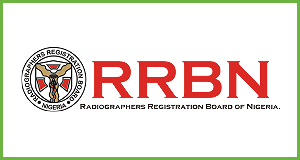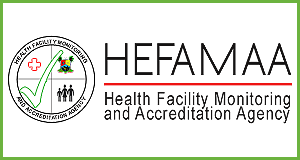The Safe motherhood initiative was officially launched by the WHO in September 1990. It was designed to reduce a large number of death and illnesses resulting from complications of pregnancy and childbirth.
It aims at ensuring that all women receive the care they need to be safe and healthy throughout pregnancy and childbirth.
According to the Federal Ministry of Health of Nigeria, every year, an average of 800 Nigerian women die for every 100,000 live births. In other words, not less than 54,000 women die every year in the process of giving birth. This translates to one woman dying every 10 minutes as a result of pregnancy and pregnancy-related factors. In addition, for each maternal death, 15 to 20 women suffer from a related health problem, such as ruptured uterus or pelvic inflammatory disease.
Globally, Nigeria has the second-largest number of annual maternal deaths. As is commonly said, “the quality of life of a country, is a reflection of how it treats its women".
Causes of maternal death /illnesses
The following are the major factors that contribute to morbidity and mortality during motherhood
Direct causes
- Bleeding can occur during pregnancy, labour, and delivery
- Infections usually after delivery that affect the uterus, fallopian tubes, urinary tract, and fetal infections
- High blood pressure during pregnancy including pre-eclampsia and eclampsia
- Complications of delivery
- Unsafe abortions
Indirect causes
- Delays in seeking and getting healthcare
- inaccessibility of health services and facilities
- Poverty
- Unhealthy Cultural practices
Pillars or principles of safe motherhood
There are 6 basic pillars or principles of safe motherhood
1. Antenatal care - to receive appropriate care and detect complications early and treat them promptly. It also enables pregnant women to receive the vitamin supplements, iron tablets, and vaccinations they need to have a healthy pregnancy
2. Obstetric and newborn care - this refers to all the care given to the mother and newborn child to reduce maternal and newborn mortality and morbidity.
Birth attendants should have the knowledge, skills, and equipment to perform clean and safe delivery
3. Postnatal care -this involves counseling mothers about child handling, exclusive breastfeeding, family planning counseling, and managing danger signs seen in both the mother and child
4. Family planning - this is necessary to plan the timing, number of children, spacing between pregnancies
5.Post-abortion care - this entails emergency treatment of incomplete abortion, potentially life-threatening complications of abortions; post-abortion family planning counseling and services, and links between post-abortion care and other reproductive health care
6. STD/HIV/AIDS control - screening for HIV to prevent and manage HIV and AIDS transmission to the baby, assess risk for future infections, and provide voluntary counseling and testing.
Thus all pregnant women should avail themselves of proper care to achieve safe delivery and good health for their borns as well as reduce the burden of pregnancy-related illnesses and death.

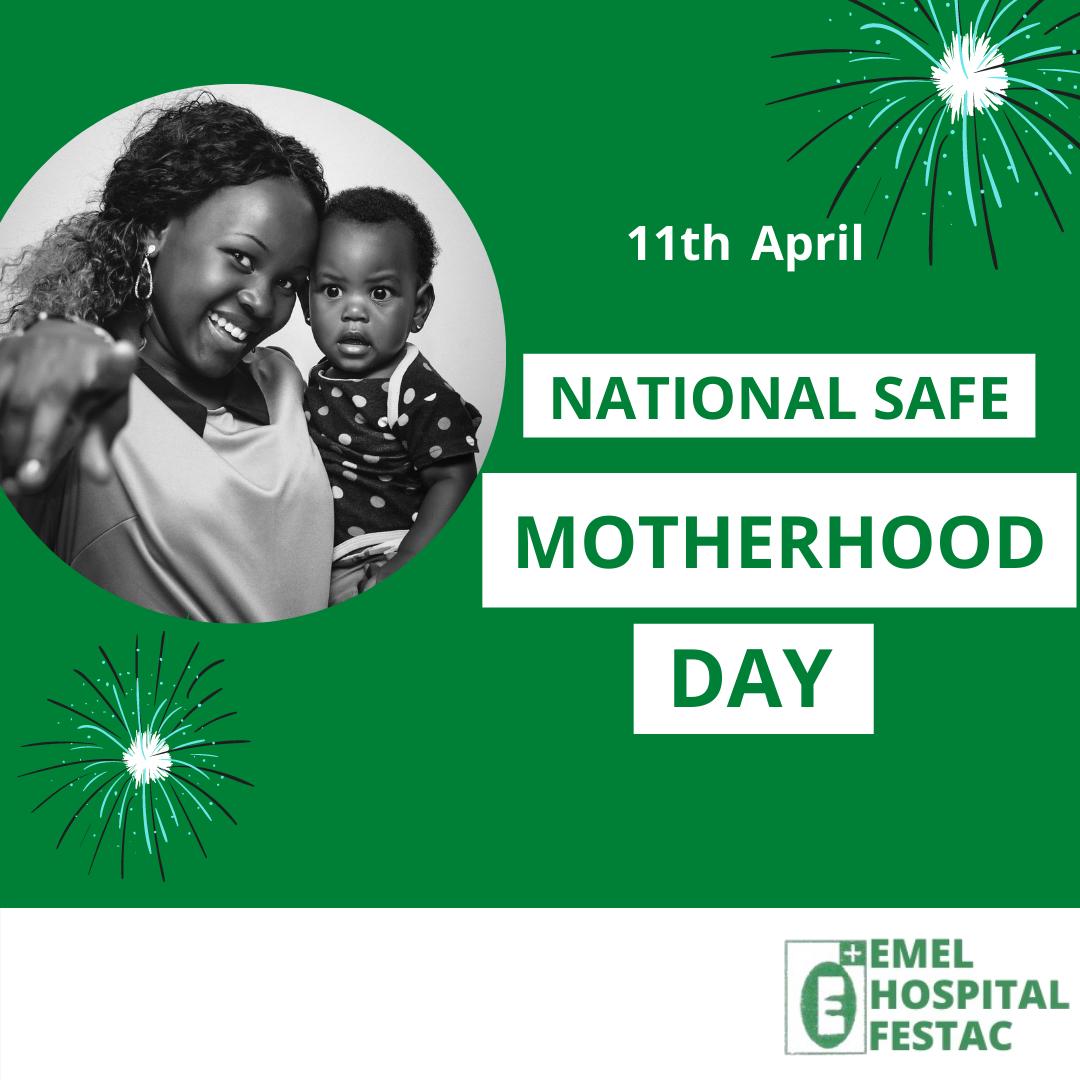
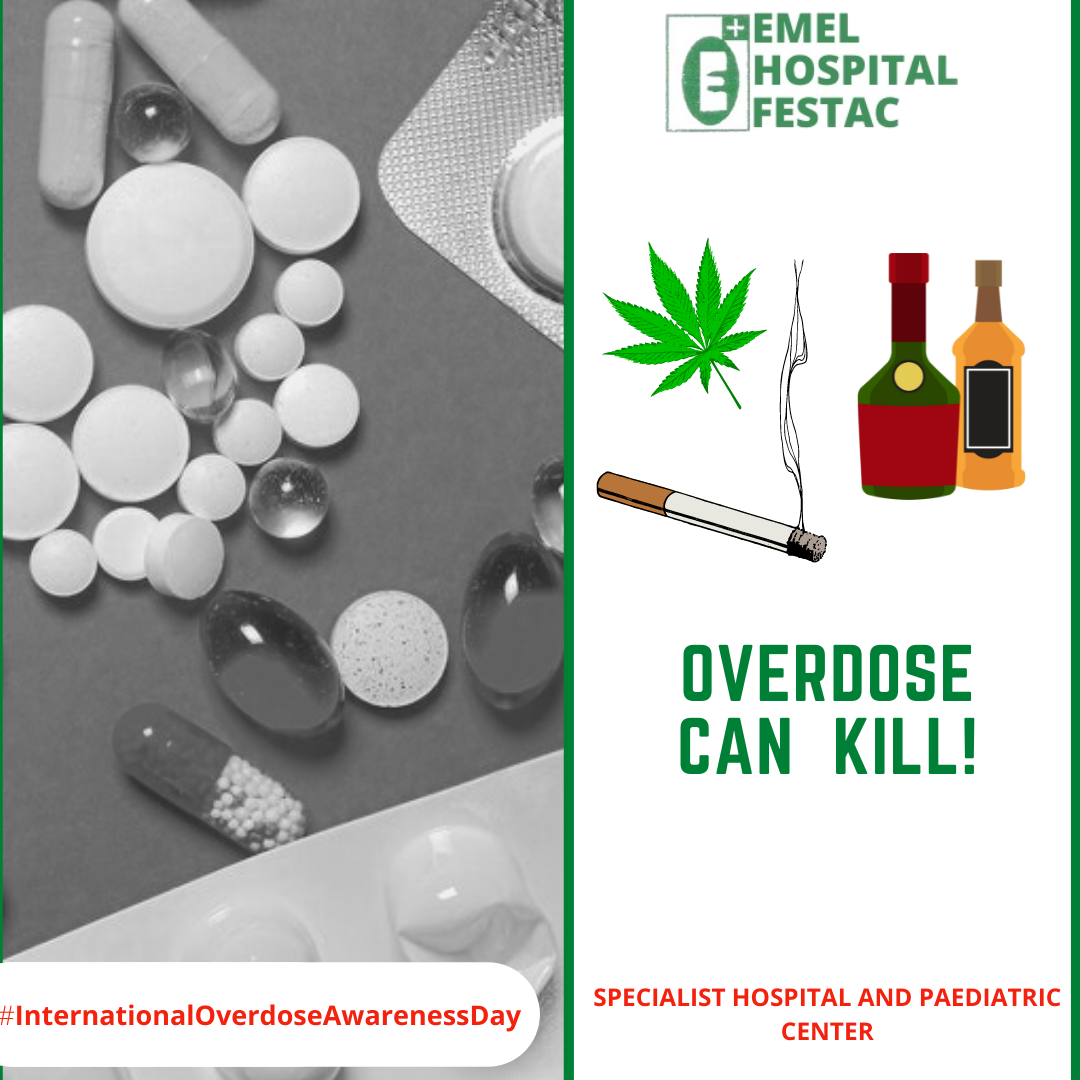
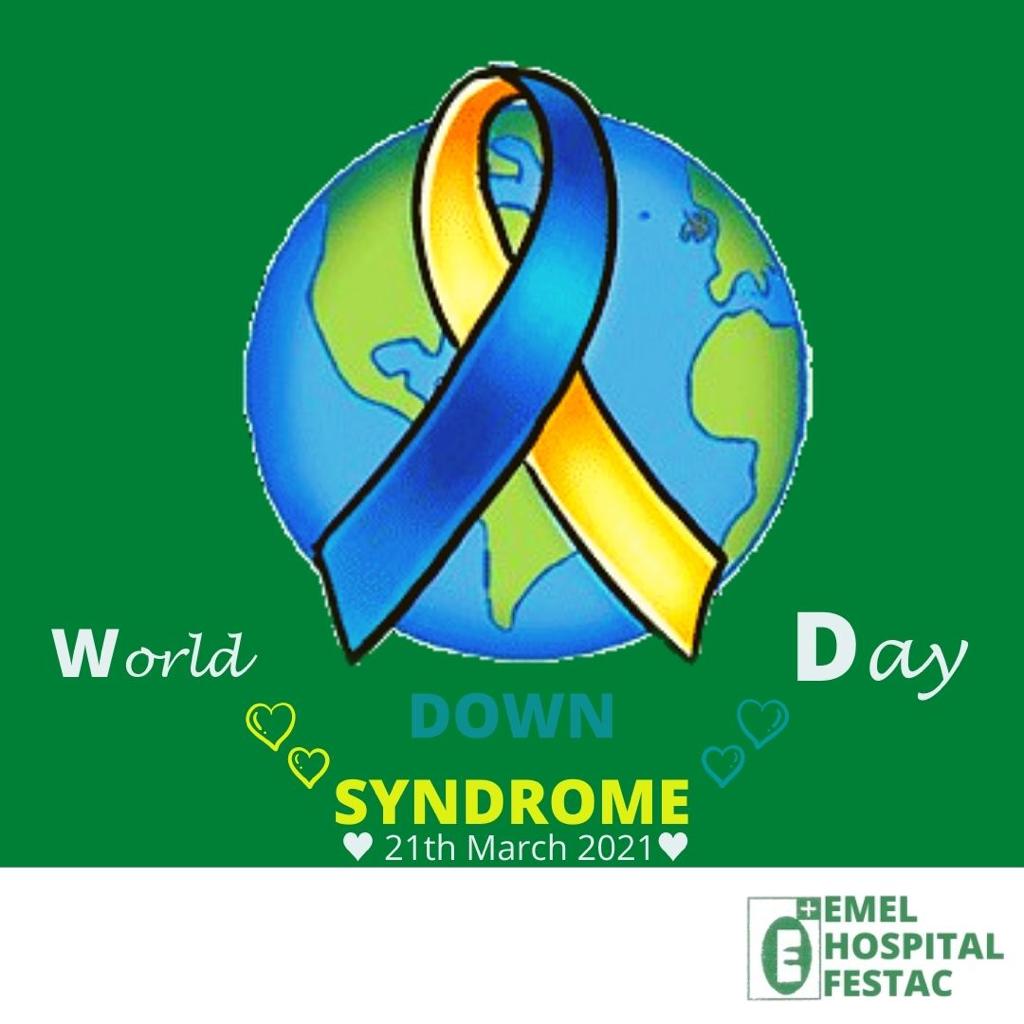
.png)

